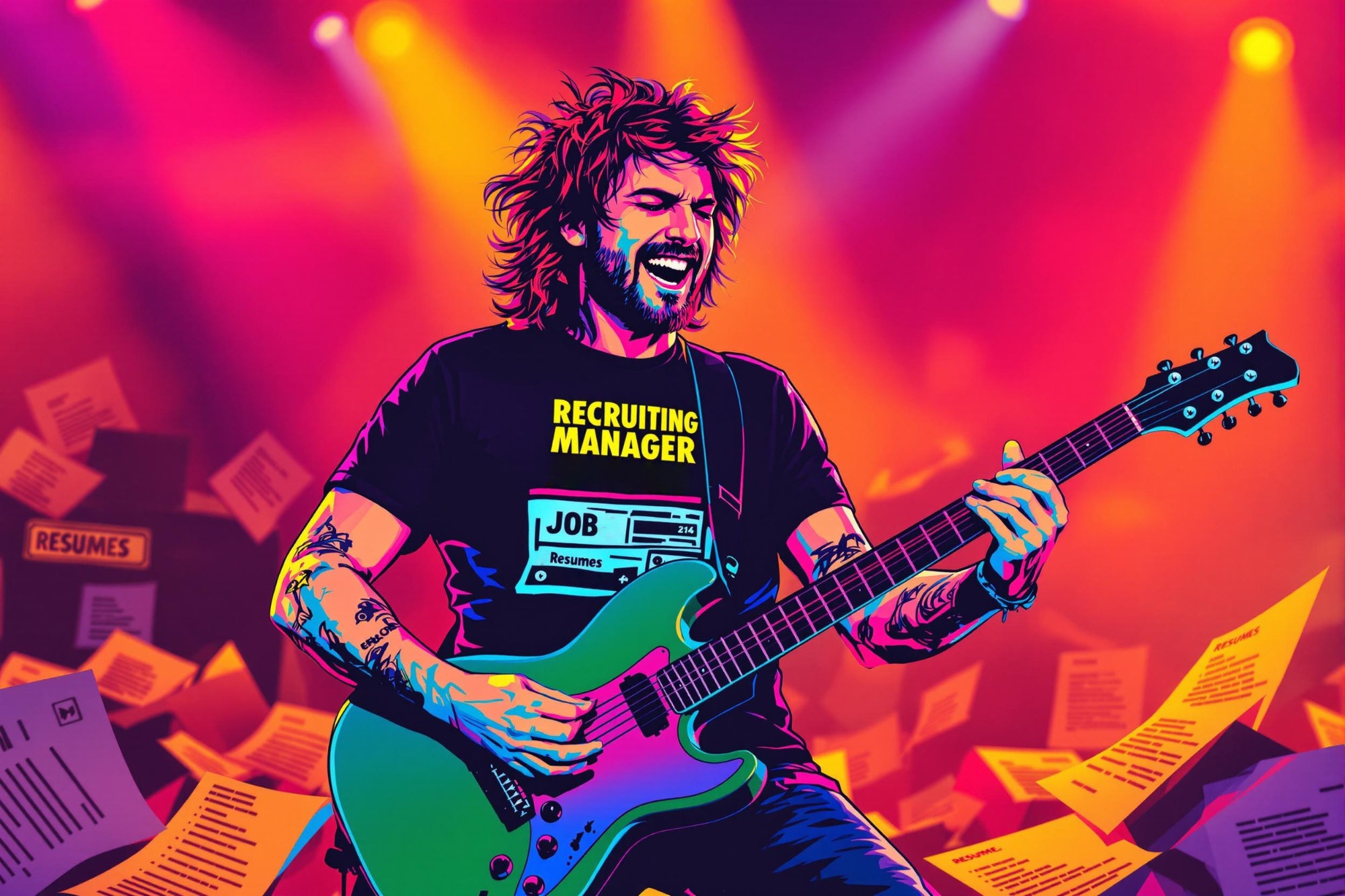
Walla
Walla (also known as "walla-walla" or "background voices") is a term used in voice acting and film/TV production for creating background crowd noise. It refers to the sound of multiple people talking simultaneously in the background of a scene, like in a restaurant, party, or street scene. Voice actors who specialize in walla work are skilled at creating believable background chatter that doesn't distract from the main dialogue. This is different from main character voice acting, as walla performers often work in groups to create ambient crowd sounds.
Examples in Resumes
Performed Walla for major TV series including crowd scenes and background conversations
Led Walla-Walla sessions for animated feature films
Specialized in Walla and background voice performance for video games
Typical job title: "Walla Performers"
Also try searching for:
Where to Find Walla Performers
Voice Acting Communities
Job Boards
Professional Networks
Example Interview Questions
Senior Level Questions
Q: How do you lead a walla group session to achieve the desired atmosphere for a scene?
Expected Answer: An experienced performer should discuss coordinating multiple voice actors, matching energy levels, following director cues, and maintaining consistent background sound levels without overpowering main dialogue.
Q: What techniques do you use to create different types of crowd environments?
Expected Answer: Should explain how to create different moods (excited crowd vs somber gathering), maintaining natural sound variations, and adapting performance for different settings like stadiums vs restaurants.
Mid Level Questions
Q: How do you ensure your walla performance matches the scene's requirements?
Expected Answer: Should discuss watching reference video, following direction about energy levels, and adjusting volume and intensity based on scene context.
Q: What is your process for creating distinct background characters in a walla session?
Expected Answer: Should explain creating multiple voice variations, switching between characters naturally, and maintaining consistency throughout multiple takes.
Junior Level Questions
Q: What is walla and why is it important in production?
Expected Answer: Should demonstrate basic understanding of background voices, their purpose in creating atmosphere, and how they support the main action without drawing attention.
Q: How do you prepare for a walla session?
Expected Answer: Should mention vocal warm-ups, reviewing scene requirements, and understanding basic studio etiquette and signals.
Experience Level Indicators
Junior (0-2 years)
- Basic voice control and projection
- Following simple direction
- Working as part of a group
- Basic studio etiquette
Mid (2-5 years)
- Multiple voice variations
- Adapting to different environments
- Understanding mixing levels
- Group coordination
Senior (5+ years)
- Leading walla sessions
- Complex crowd emotion portrayal
- Director collaboration
- Training other performers
Red Flags to Watch For
- Unable to work well in a group setting
- Difficulty following direction
- Voice that stands out too much from the crowd
- Poor timing or rhythm in group scenes
Need more hiring wisdom? Check these out...

Unlocking Talent Offline: Innovative Strategies for Recruiting in Low-Internet Areas

When Job Ads Dance: Why Your Next Hire Might Come From a 20-Second TikTok

Workforce Solutions Aggregators: The Next Big Thing You Didn't Know You Needed

